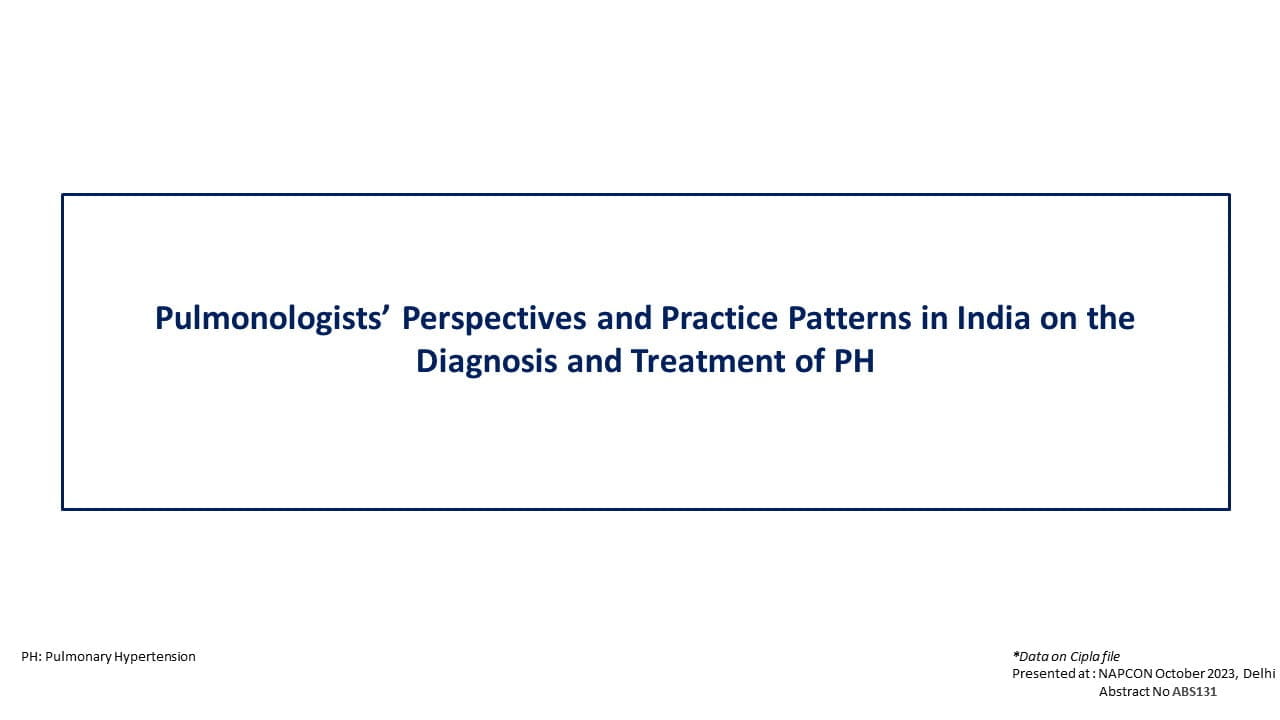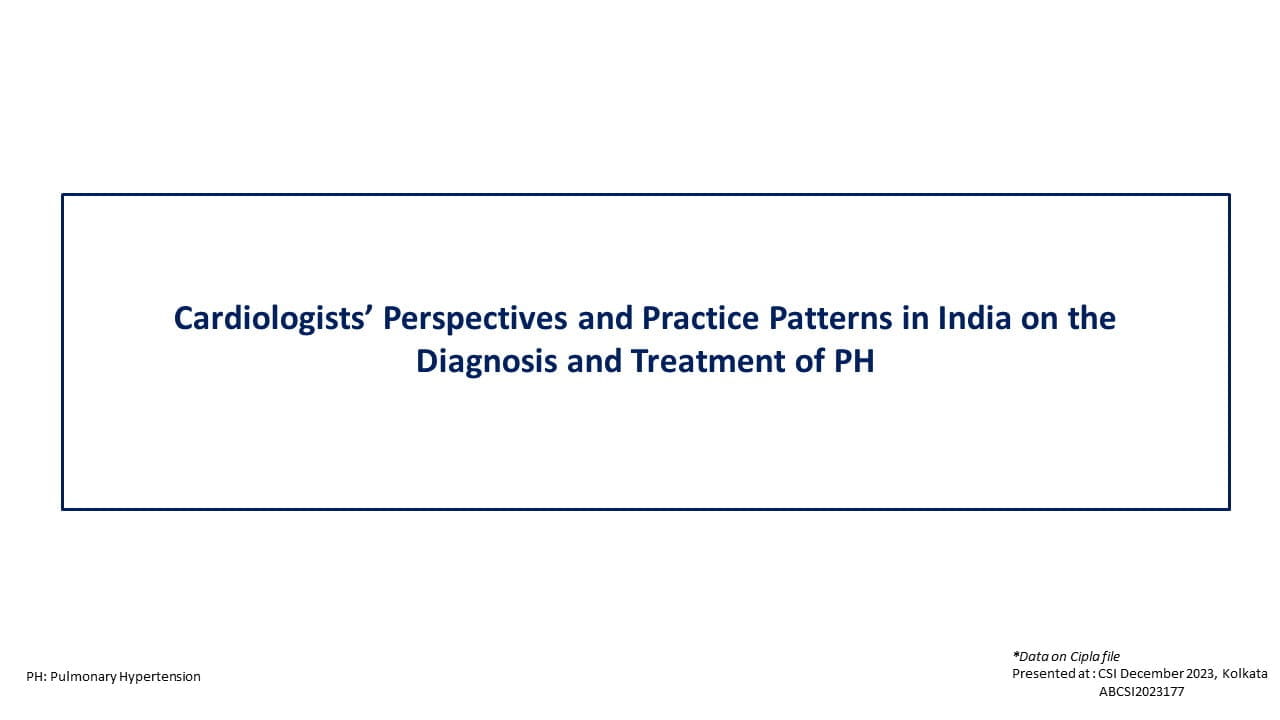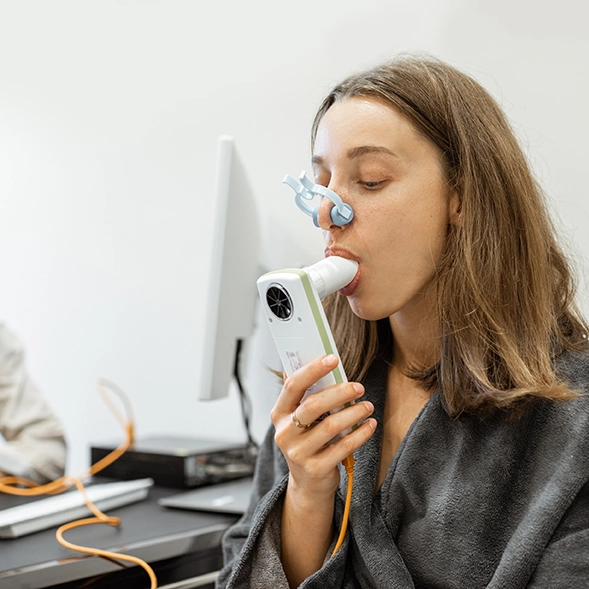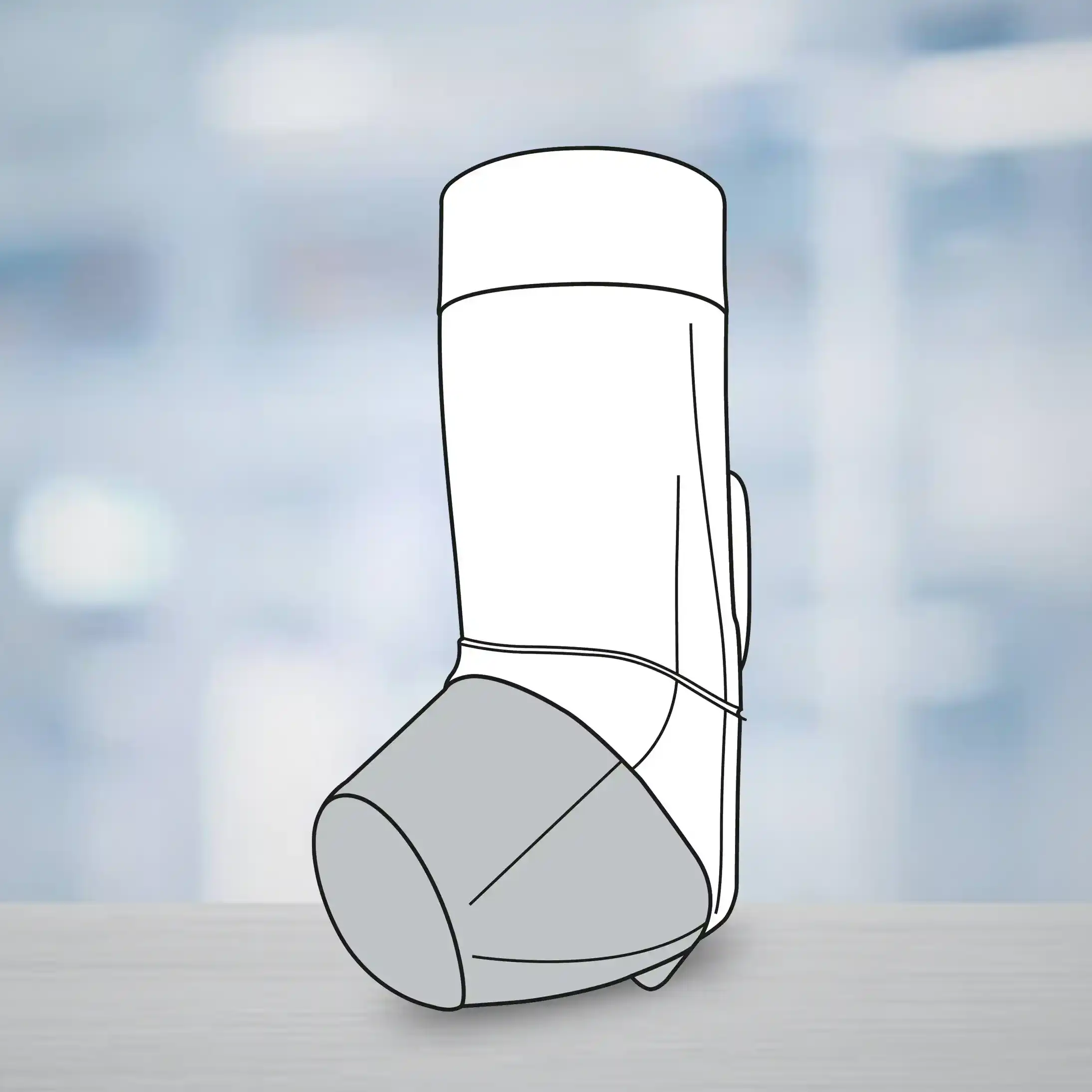Introduction
Gastro-oesophageal reflux disease (GORD) is a prevalent condition affecting the quality of life, work productivity and causing sleep disturbances in the patients. The primary objectives of GORD treatment are symptom relief, prevention of long-term complications, and improved patient well-being. Acid suppressive therapy using proton pump inhibitors (PPIs) has been efficacious and well tolerated by GORD patients. However, some patients continue to experience troublesome symptoms leading to low rate of satisfaction with the therapy. Studies have demonstrated that switching to another PPI such as esomeprazole results in better gastric acid suppression and improvement in the intensity and frequency of GORD symptoms.
Aim
This study (ACTION: ACid inhibiTIon leading to patient satisfactiON) aimed to assess patient satisfaction and improvement in symptom control in GORD patients after switching to esomeprazole.
Method
Study Design
- Prospective, multicenter, observational study
Treatment Strategy
- Patients treated with a PPI (omeprazole, pantoprazole, rabeprazole or lansoprazole) for GORD who were switched to esomeprazole by their physician.
- Patient satisfaction was evaluated after a median of 28 days of esomeprazole therapy using a questionnaire.
- Patients were asked whether they were 'more satisfied', felt there was 'no difference' or were 'less satisfied' with esomeprazole compared with previous PPI therapy.
- Symptom control, concomitant medication use, and tolerability were also evaluated at follow up visit.
Endpoints
Primary Endpoint
- Proportion of patients achieving greater satisfaction with esomeprazole therapy as compared to previous PPI therapy, for total population and per subgroup of previous PPI therapy
Secondary Endpoints
- Satisfaction with esomeprazole therapy
- Improvement in symptoms
Results
- Out of the 5098 patients who were receiving PPI therapy other than esomeprazole, 4929 patients were included in this study
- More than 70% were taking PPI daily
- 84% were experiencing symptoms, mainly acid regurgitation and heartburn
- 15.5% were taking concomitant medication (mostly antacids) to control GORD symptoms
- The patients were most commonly switched to esomeprazole 40 mg dose
- The follow up visit was 28 days after commencement of esomeprazole therapy
- There were significantly higher number of patients who were satisfied with esomeprazole therapy as compared to the previous PPI therapy as seen in Figure 1.
- More patients became symptom-free after switching to esomeprazole therapy as seen in figure 2.
- 71.3% were more satisfied with esomeprazole than with their previous PPI, most frequently because they had fewer or no symptoms.
- Among patients using concomitant medication to control GORD symptoms, 62.0% were no longer using any such medication.
- Among the 1069 patients who had been satisfied with their previous PPI therapy, 39.4% were even more satisfied with esomeprazole.
- Esomeprazole was well tolerated
- A total of 41 adverse events were reported by 30 patients, the most common being nausea/vomiting and headache
- There was no incidence of treatment-related serious adverse events
Conclusion
- Switching over to esomeprazole therapy is associated with greater patient satisfaction and better symptom control in primary-care patients receiving proton pump inhibitor (PPI) therapy for gastro-oesophageal reflux disease (GORD).
Clin Drug Investig. 2019 Dec 29(12):803-10 ·Doi: 10.2165/11530810-000000000-00000.










